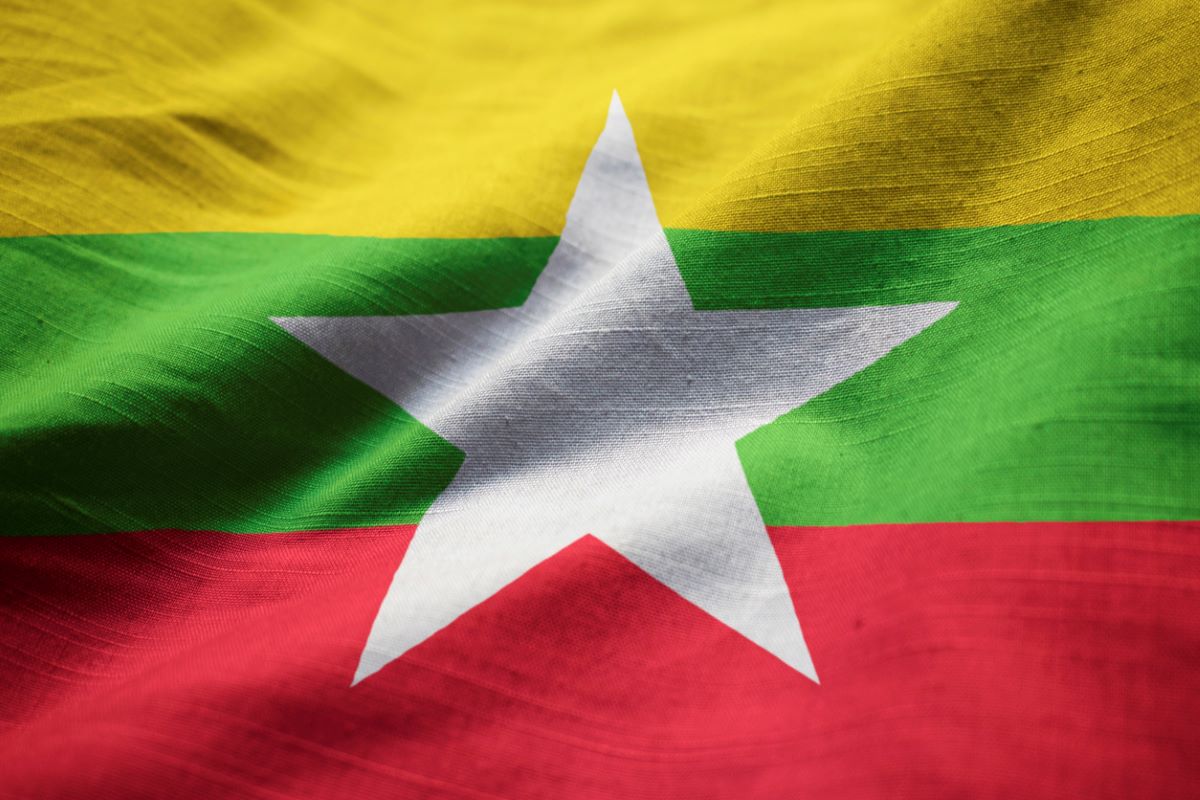Myanmar finds itself at a critical juncture. The recent triumph of the rebel grouping known as the “Brotherhood Alliance” in northern Myanmar signifies a watershed moment for the country’s trajectory, echoing far beyond its borders. This victory, the most significant blow to the military junta since the 2021 coup, prompts a re-evaluation of power dynamics, regional influence, and the uncertain future that lies ahead.
The rebel forces, a coalition of the Arakan Army, Myanmar National Democratic Alliance Army, and the Ta’ang National Liberation Army, have displayed unprecedented coordination in their offensive. Overrunning 100 military outposts and seizing control of vital border crossings, they pose a formidable challenge to the junta’s grip on power. The battleground near Myanmar’s border with China, where much of the fiercest fighting has occurred, adds another layer to this complex narrative.
Advertisement
China’s response to its neighbour’s internal strife is indicative of its delicate diplomatic position. While expressing concern and advocating for an immediate ceasefire, China finds itself forced to take a nuanced position. The junta’s weakening control jeopardises key economic investments in the region, prompting Beijing to walk a tight-rope between maintaining stability and protecting its interests.
The alliance’s offensive, allegedly not possible without tacit approval from China, highlights the intricate web of relationships at play. The junta, facing economic sanctions, a foreign exchange shortage, and internal corruption allegations, now grapples with a military that appears unexpectedly vulnerable.
The possibility of losing control over key trade routes and border crossings, which account for a significant portion of cross-border trade, further weakens the junta’s standing. However, the prospect of an imminent collapse remains remote, contingent on the junta’s ability to mount a decisive response. The international community watches with a mix of anticipation and apprehension. The weakening of the junta could be perceived as a historic moment, signifying the resilience of resistance against authoritarian rule.
Yet, the complexities of Myanmar’s internal dynamics caution against premature conclusions. The anti-junta fighters, operating under the banner of the National Unity Government, capitalise on this opportunity, recognising that such moments are rare and fleeting. As the rebel alliance celebrates its success, questions linger about the broader implications for Myanmar’s politics. Will this victory pave the way for a more inclusive and democratic future, or will it plunge the nation into further chaos?
The delicate dance between regional powers, particularly China, adds another layer of uncertainty to an already intricate situation. In this unfolding drama, the resilience of the Myanmar people and their quest for selfdetermination take centre stage. The “Brotherhood Alliance” represents not only a military force but a symbol of collective resistance against oppressive rule.
The international community’s role is crucial, not only in supporting the aspirations of the Myanmar people but also in navigating the diplomatic challenges posed by a nation in flux. The end game must ensure a return of democratic forces, and not a free-for-all between various armed groups.











